Search Separators
Recent Posts
How to Clean a High-Speed Vertical Centrifuge
A dirty centrifuge can cause a host of severe problems, ranging from product contamination to costly equipment damage.
5 Ways to Become Better at Servicing Your Centrifuge
Centrifuge care and maintenance isn't something that comes naturally to most. Instead, it’s a skill that takes time to develop. I've been working with centrifuge equipment for decades, and I’ve worked with countless individuals who needed training on the basics of centrifuge service and maintenance because if you don’t know, you don’t know. So if you’re new to centrifuge equipment or if you’re just looking for a refresher, I've prepared the following list of ways anyone can increase their proficiency with this equipment.
6 Benefits of Converting Your Clutch-Driven Centrifuge to Direct Drive
Is your centrifuge currently driven by a fluid or friction clutch? While clutch-driven centrifuges used to be the standard, those days have come and gone. Now, direct drive systems are what everyone wants. They provide numerous benefits, which I’ll cover below.
Understanding the Various Components of Your Separation Process
When it comes to getting the most out of your centrifuge, a great place to start is by taking an honest look at your separation process. Centrifugal separation is complex, to say the least. Every process differs based on countless variables all working together. Still, when you break things down to their simplest forms, you’ll find that separation processes as a whole all depends on similar variables.
5 Ways Separators Helps with Separation Process Optimization
By servicing centrifuge equipment all across the United States, we’ve come to know these machines really well. After all, Separators is the largest independent centrifuge service provider in the U.S. We work on (and remanufacture) machines from all the major OEMs and we’ve developed an expertise that allows us to help customers — and facilities — operate at peak efficiency.
Digital Agriculture, Technological Innovation, and Separators
Technologies in Agriculture
If you’re in the agricultural field, there’s no doubt that you’ve begun seeing a change in the industry. All over the United States, there has been a large push for farmers to incorporate technology into their craft. Every day more farms adopt emerging technologies in order to maximize product yields. For those who may be skeptical, we assure you that digital agriculture is the way of the future. This rise in technology not only lends itself to heightened productivity but also to a more manageable life for the farmers that adopt them.
New Vs. Remanufactured Centrifuges: What’s the Difference?
Remanufactured centrifuges have numerous distinct advantages over a refurbished or new one. For starters, a remanufactured centrifuge is less expensive than new and better than used. When you hear about used, refurbished, or reconditioned centrifuges, those are different from remanufactured. And the difference is in the details.
Pre-Maintenance Process for Centrifuge Service: Final Preparations [Part 4 of 4]
At Separators our technicians perform centrifuge maintenance services on site at customer facilities. By performing minor centrifuge services out in the field, equipment only needs to shut down for a short period of time and be back up and running in a matter of hours. While performing on-site maintenance brings a lot of benefits to our customers, it also can seem confusing to prepare for.
That’s why we created the Pre-Maintenance Checklist.
Pre-Maintenance Process for Centrifuge Service: Machinery and Equipment [Part 3 of 4]
Wondering what it takes to prepare for an on-site visit with our service technicians? We’ve put together a checklist detailing each step in that process.
When a Separators Inc. service technician travels to perform centrifuge maintenance in your facilities, having the right machinery and equipment in place helps ensure the service goes off without a hitch. I’ll detail what you need to know about machinery and equipment below, but before I go any further, know that you can get your copy of the Pre-Maintenance Checklist here.
Pre-Maintenance Process for Centrifuge Service: Documentation [Part 2 of 4]
We’ve put together a checklist our customers can use to prepare for an on-site visit from our service technicians. Separators service technicians travel all across the United States to perform centrifuge maintenance in our customers’ facilities. Because we perform service on-site, we check on and verify a handful of items before the day of the service visit. Before I go any further, know that you can get your copy of the Pre-Maintenance Checklist here.
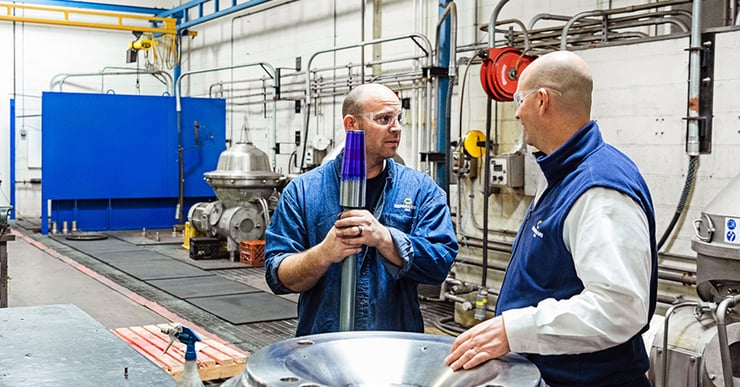

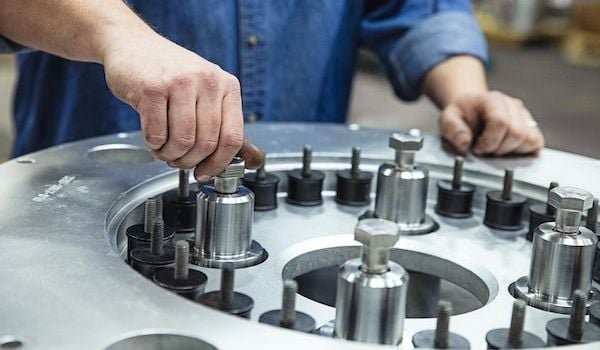
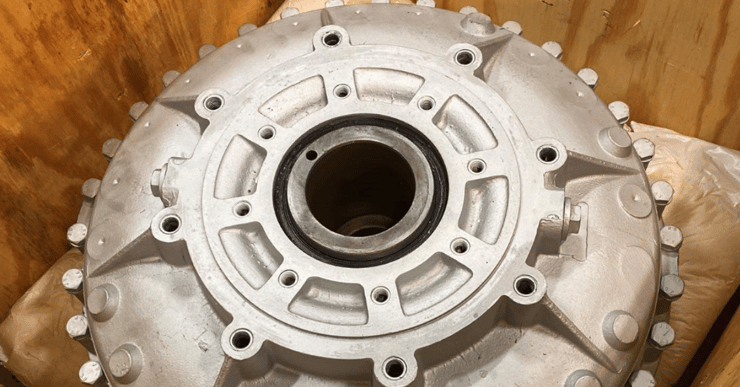
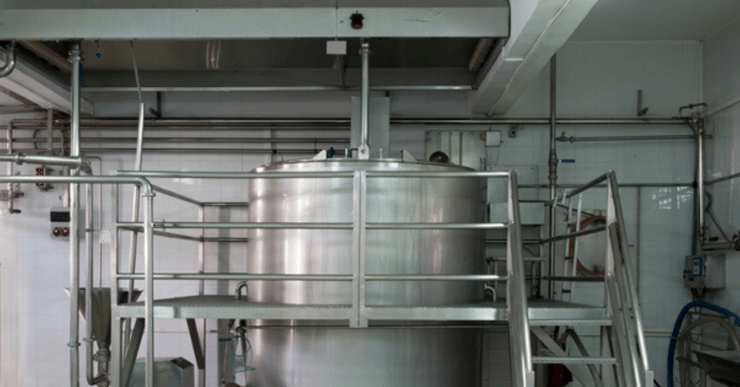
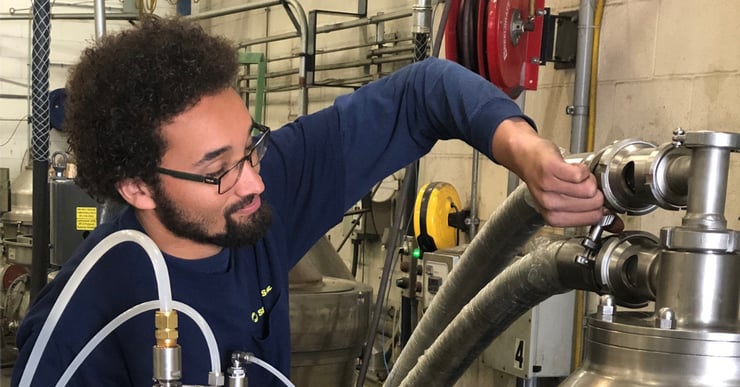

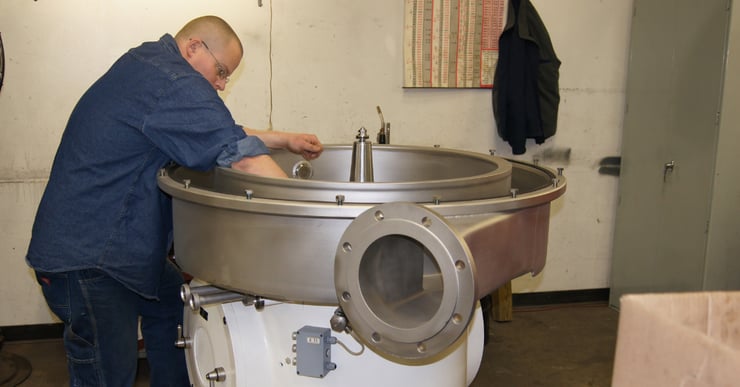
![Pre-Maintenance Process for Centrifuge Service: Final Preparations [Part 4 of 4]](https://www.separatorsinc.com/hs-fs/hubfs/separators-checklist-maintenance.jpg?width=740&name=separators-checklist-maintenance.jpg)
![Pre-Maintenance Process for Centrifuge Service: Machinery and Equipment [Part 3 of 4]](https://www.separatorsinc.com/hs-fs/hubfs/SEP%201-3.png?width=740&name=SEP%201-3.png)
![Pre-Maintenance Process for Centrifuge Service: Documentation [Part 2 of 4]](https://www.separatorsinc.com/hs-fs/hubfs/facility-documentation-with-hardhat.jpg?width=740&name=facility-documentation-with-hardhat.jpg)